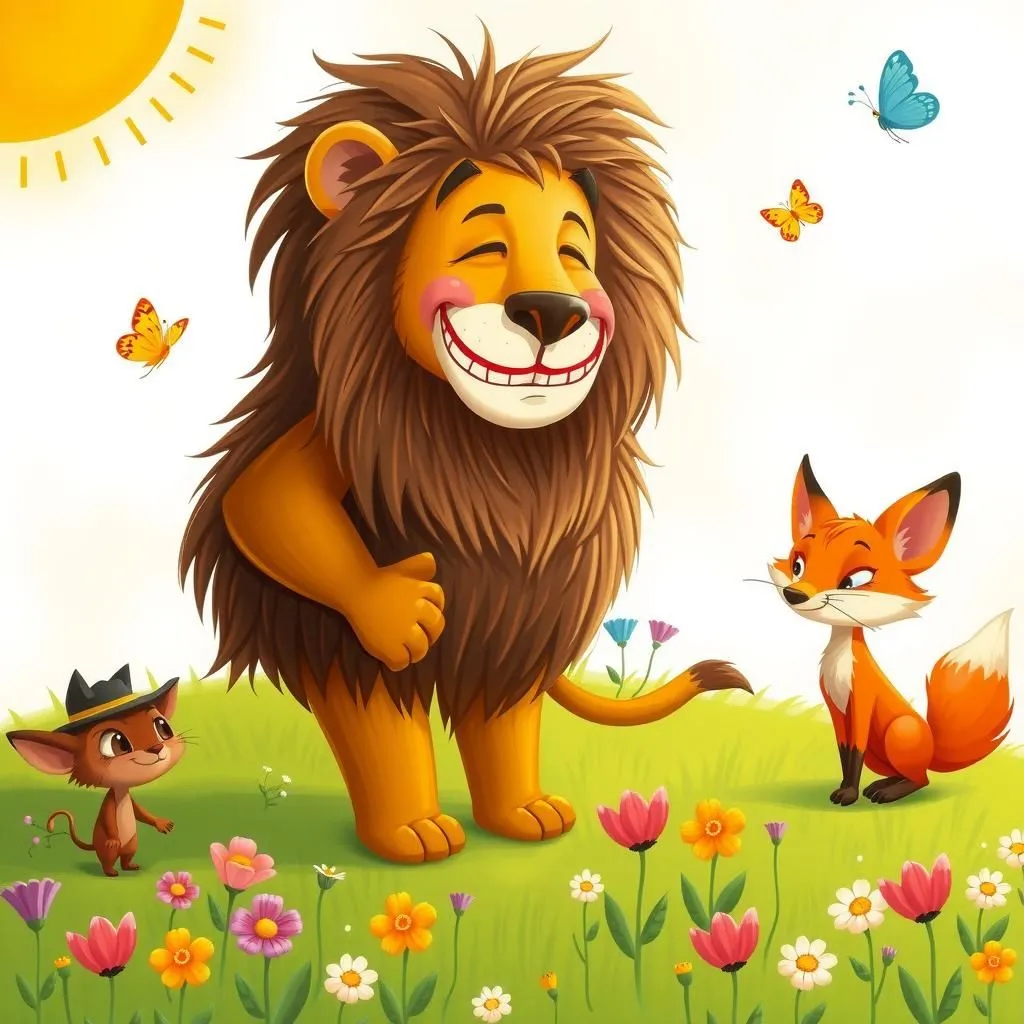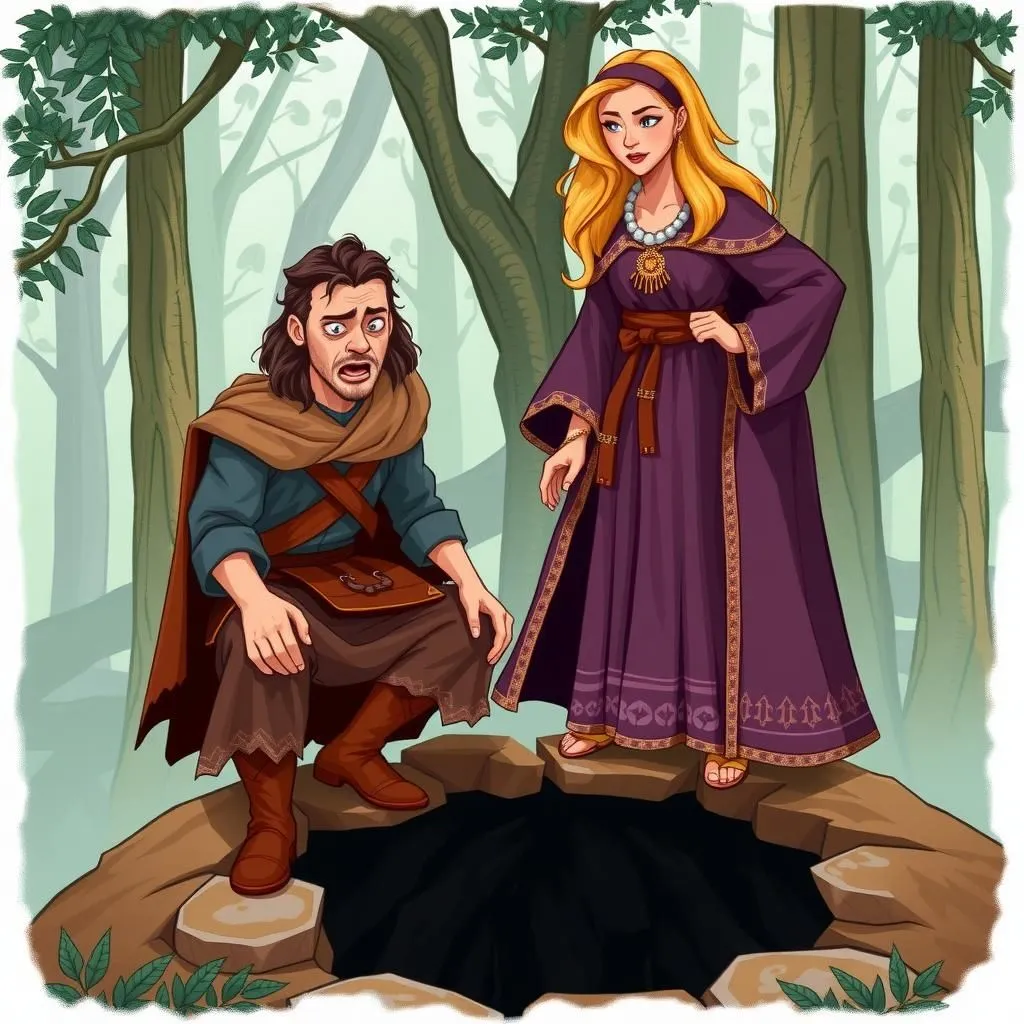
The Ass in the Lion Skin
In "The Ass in the Lion's Skin," a foolish ass dons a lion's skin to frighten other animals, but his true identity is revealed when he brays. This entertaining moral story illustrates that while appearances can be deceiving, one's true nature will ultimately shine through. The tale serves as a thought-provoking reminder that even the most unique disguises cannot conceal foolishness, as the Fox astutely points out.


